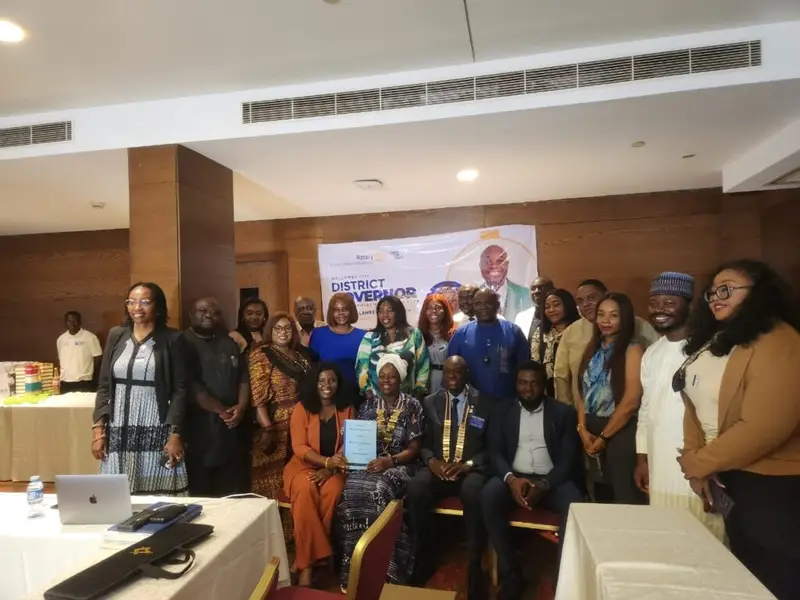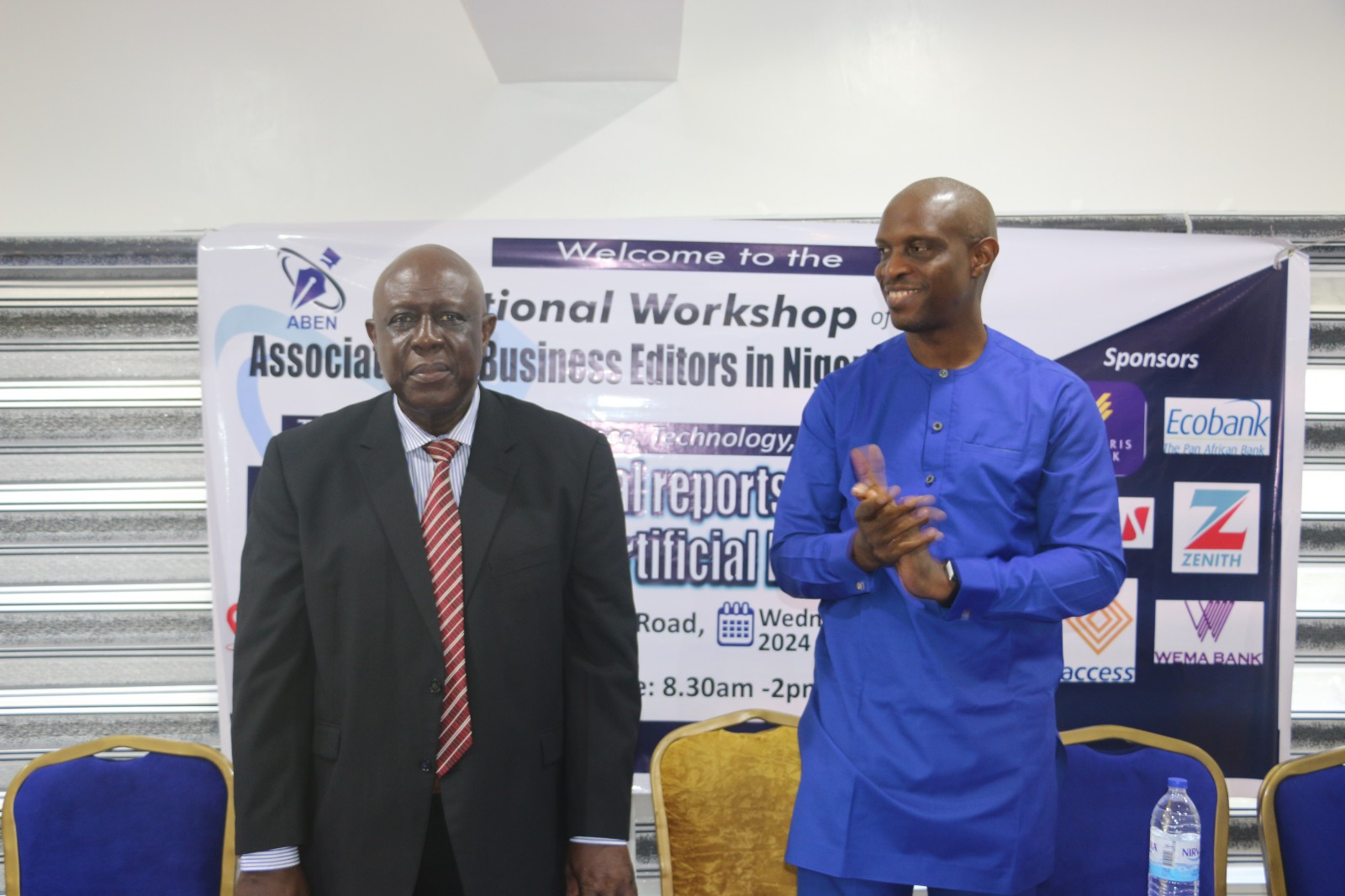NAICOM, experts want insurers to embrace technology, innovate products
By Stellamaris Ashinze
Experts in the Nigerian insurance industry have called on practitioners to embrace technology and innovate products, to deepen market penetration and build consumer trust.
The call was made during a panel discussion at the Insurance Meets Tech (IMT) 4.0 and Insurance Redefine Summit in Lagos on Thursday.
The News Agency of Nigeria (NAN) reports that the summit is an annual event in its fourth edition with the 2025 theme being, ”Innovating for the New Trybe.’’
The Chief Executive Officer, National Insurance Commission (NAICOM), Mr Olusegun Omosehin, said that the industry had made strides, particularly with partnerships and embedded insurance.
He, however, added that there was a need to move beyond traditional offerings to meet the needs of the younger, tech-savvy population.
He said that there was the need for digitisation to streamline the claims process because long, cumbersome procedures often leave customers frustrated.
“The real value of insurance is in the claim.
“If the process is difficult, the customer will not be happy and they will not return.
“We need technology to automate these regular engagements and make the customer experience seamless,’’ Omosehin said.
Also speaking during the panel discussion, Mr Kunle Ahmed, the 26th Chairman, Nigeria Insurers Association (NIA), said that the existing five per cent premium rate for motor insurance was a “child of necessity” and may not be sustainable.
Ahmed said that insurance companies should consider a more dynamic pricing model based on a driver’s behaviour and claims history.
“We need to move beyond a one-size-fits-all model, the five per cent was necessary at one point but with new technology, we can price risk more fairly,” he said.
Another panelist, Prince Babatunde Oguntade, said that a few innovative companies were already offering remote car inspections, eliminating the need for customers to visit an office.
Oguntade said that this was a small but significant step toward enhancing customer experience and building trust.
Also, Mrs Yetunde Ilori, the 52nd President, Chartered Institute of Insurers of Nigeria, highlighted the untapped market of consumer and gadget insurance.
She said that with the cost of personal electronics like laptops and smartphones now rivaling that of a car, there was the need for tailored insurance products to protect these assets.
“We need to do more to create awareness and make these products easily accessible at the point of purchase,” she said.
Ilori noted that partnerships with retailers and other institutions were crucial for the growth of this sector.
“By embedding insurance directly into the purchase price of a gadget, the cost is no longer seen as an “extra expense” but rather as a fundamental part of the product,’’ Ilori added.
The speakers urged industry players, especially brokers, to be at the forefront of innovation.
They said that the goal was to ensure that customers could process claims with ease, which would ultimately drive repeat business and increase the industry’s overall reputation.
The Convener, IMT, Odion Aleobua, advocated for youth engagement, tech adoption to grow insurance penetration.
Aleobua called for a paradigm shift, urging stakeholders to prioritise youth engagement and technology adoption to unlock the sector’s immense growth potential.
He highlighted the urgent need for a new approach, noting that Nigeria’s insurance penetration stood at less than one per cent, a stark contrast to South Africa’s 10 per cent – 12 per cent.
“The CEOs alone cannot drive this growth, it is people like us who create platforms, conversations, and collaborations that will unravel and impact this potential,” Aleobua said.
He highlighted the demographic dividend, noting that over 65 per cent of Nigeria’s population are millennials and Gen Zs, who represented “tomorrow’s market.”
Aleobua noted that to connect with this crucial segment, the industry must listen to their needs and involve them in strategy development.
He also highlighted the role of technology in reaching a broader audience.
He noted that with approximately 140 million Nigerians on mobile phones, the country had a significant digital infrastructure that could be leveraged for insurance services.
“Those are capabilities that tech has enabled, and those are capabilities that are there for us to take advantage of,” he said.
The convener added that the strong attendance of top industry executives at the summit signaled its growing influence as a reference point for innovation and growth within the sector.
Bode Pedro, Founder and CEO of Casava, expressed excitement at partnering with IMT as the official insurer.
Pedro said that IMT provided the platform that allowed one to show how digital micro-insurance empowered individuals and businesses, while aligning with NAICOM’s mission to expand insurance access across Nigeria.
“Our goal is to prove that insurance can be simple, flexible, and affordable for all,” he said.
Per Lagerstrom, Insurtech Innovator, Founder of BehaviorTech, in his headline presentation, highlighted how agile, technology-driven solutions could transform insurance and financial inclusion across Africa.
The forum concluded with a call for the Nigerian Insurance Commission (NAICOM) and other regulatory bodies to create an enabling environment that encourages innovation and lowers entry barriers for new, technology-driven solutions. (NAN)(www.nannews.ng)
Edited by Christiana Fadare










